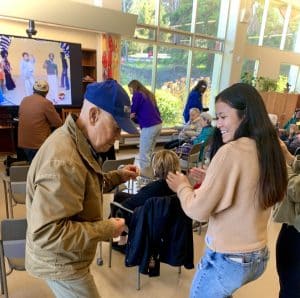Depression in the elderly often goes unrecognized, yet its impact can be devastating. This comprehensive guide empowers caregivers to spot the warning signs and take action. Unlike normal aging, depression manifests as a marked shift in mood and behavior. Persistent sadness, loss of interest in activities, and social withdrawal are key red flags. Physical symptoms like unexplained aches and changes in sleep patterns may also signal depression.
Approaching a loved one about their mental health requires sensitivity. Choose a quiet moment, express your concerns with specific observations, and listen without judgment. Encourage professional help, emphasizing that seeking support is a sign of strength. Treatment options include therapy, medication, and complementary approaches like art or music therapy.
As a caregiver, your role is crucial. Create a supportive environment, celebrate small victories, and set realistic expectations for recovery. Remember to prioritize your own well-being too. With understanding, patience, and the right resources, you can help your elderly loved one reclaim their joy and vitality.


